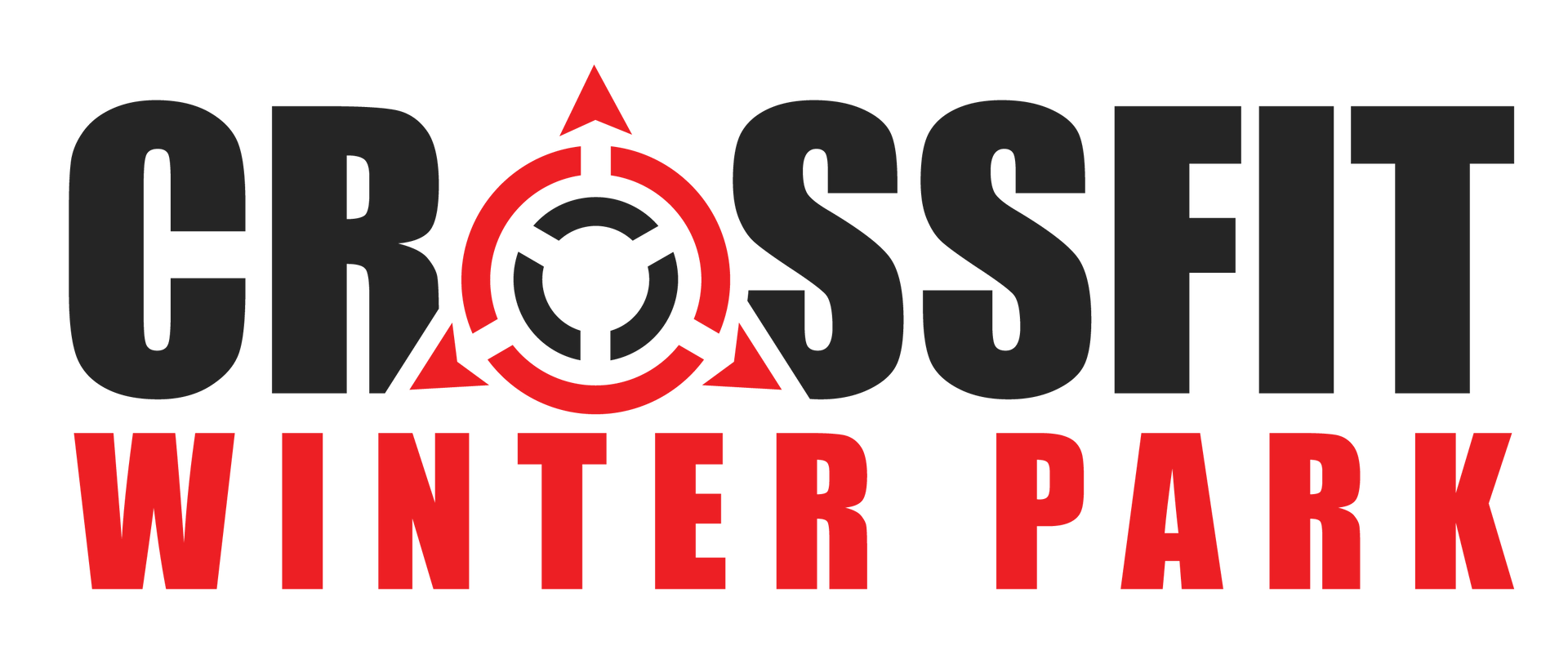The Big 4 of Training With Kids
Written by Bowie Matteson
In my previous post I introduced the importance weight training can have on your child's long term outlook on fitness and its potential role in getting them and keeping them healthy. I wrote that post with their physical state in mind. Body awareness, movement quality and fine motor skills are all things that need developing in young bodies.
But the benefits of training\nextend beyond just the body. Weight training is a very powerful medium to\ndevelop a child's mentality. Some may ask: How will big biceps, strong legs and\na fast mile time help your kids with school? With their behavior? Their quality\nof life? Is weight training just another outlet to run them down and keep them\nunder control?
Learning to lift weights\nresponsibly is the perfect place to develop self-confidence, discipline,\ngoal-setting and dealing with failure. We'll cover each one:
1.\n Confidence : A feeling of self-assurance arising from one's\nappreciation of one's own abilities or qualities.
My guess is that the first\nthing that came to your mind after reading that working out can lead to\nconfidence had something to do with their reflection. The aesthetics of a fit\nbody are part of the driving force behind the $532 billion cosmetic\nindustry , the $66 billion weight loss\nindustry and the $278 billion health\nsupplement industry.
When it comes to little ones,\nlifting weights with the goal of improving our appearance is an entirely different\nanimal than lifting weights to learn how to move safely and build strength. To\nequate physically pleasing appearances to positive character traits and healthy\nhabits is a bit of a rocky road and not something you necessarily want to fill\nyour little one's head with right away (re: body dysmorphia disorder). The true\nvalue of developing our bodies is the appreciation for the incredible things it\ncan do. The significance lies in witnessing growth and seeing hard work turn\ninto results. This all sets you up for a better relationship with your body!\n(We'll talk more about body positivity later in the series)
The beauty of weight lifting is\nthat there is some immediate feedback, especially for those new to training.\nYou feel the differences you're making. You feel stronger. You feel a\nmuscle working. You are getting faster etc. etc. In terms of measuring\nprogress, you witness improvements in your strength when you're able to do\nsomething you did last time but heavier, faster or for greater repetitions.
A confident kid is an empowered\nkid. The power of confidence has been widely touted, both academically \nand athletically.\nThe more confident a kid is, the more likely he or she will do well.
2.\n Discipline : A. Control gained by enforcing obedience or\norder. B : Orderly or prescribed conduct or pattern of behavior.
Discipline has been sold to me\na thousand times as the ability to resist doing what it is we know we shouldn't\nbe doing. I've also been told it doesn't exist. Gary Keller's book The One\nThing argues that "success is actually a short race - a sprint fueled\nby discipline only long enough for habit to kick in and take over". So,\nwhat is discipline and does it matter?
Discipline does exist. The\n"short-sprint" to habit is actually about 66 days on average ! 66 days is no short sprint, especially in fitness, where the\nnumber one excuse for not reaching our goals is usually time. Discipline is the\nability to see past the shortcuts, the easy way outs and "this will\ndo" moments. It is a skill that requires a committed effort to learning\nand reinforcing. The great thing about working with kids is that they are at\nsuch an impressionable age that there's a lot fewer habits to break in order to\ncreate newer, better ones.
Lifting weights and staying\nactive work well as mediums for developing discipline. This is for much the\nsame reason that it develops confidence: If you repeatedly put in the work,\nyou'll see results and feel empowered. If you don't, you won't. Pretty simple.\nOnce the importance of staying fit is established, it?s up to your little ones\nto commit to getting their work done. It's up to the parents and coaches to\nhold them accountable and reinforce the healthy habit. They'll have to see past\nthe sugary drinks and TV show binges and remember the sense of accomplishment\nthey feel after each training session. It's that delayed gratification that\ngets your child thinking about the work it takes to make something great versus\nacting on impulse and grabbing whatever is in front of them for temporary\npleasure. Being able to delay gratification for something larger is a huge predictor for success\nlater in l ife.
3.\n Goal-setting : The object of a person's ambition or effort;\nan aim or desired result.
Writing, verbalizing and\nsharing goals are the habits of the most successful people in the world. It\ndoesn't matter how talented, motivated or educated you are, without goals you\nare a train without tracks. The number of measurable variables in training make\nit a great way to introduce kids to setting goals. 20 push-ups? 100 Jump rope?\n8-minute mile? These are all goals that are easily visualized and simple to\nplan for. With good coaching and a committed effort, kids can get a taste for\nunderstanding the work that goes into achieving a desired outcome.
This all sets the foundation\nfor kids to understand how to plan ahead and break big-picture visions into\nsmaller actionable steps. Early successes with achieving fitness goals can set\nthe ground work for getting kids to fall in love with the pursuit of goals in\nother parts of their life, like school or work.
4.\n Failure : "There is only one thing\nthat makes a dream impossible to achieve: the fear of failure." - Paulo\nCoelho
Failure is one of the most\nvaluable resources for those pursuing a goal. You need 2 things to get better\nat anything: practice and feedback . Failure is that feedback.\nThose that can learn from their mistakes are the ones who make the fastest\nprogress. Kids stand to benefit the most from early exposure to experiencing\nfailure and managing their mistakes.
However, in today's social\nclimate of perfectionism and fitting in, it gets more and more difficult for\npeople to feel comfortable trying new things. Training is a perfect setting for\nlittle ones to learn how to fail forward and use the feedback they're getting\non their movements to improve. Doing so in a group setting is even more\nempowering. Failing in front of others is a big step in being vulnerable and\nnormalizing putting forth effort without the fear of judgment.
Upset about losing a\ncompetition? A race? Ask what held you back or what you need to improve on and\nset-up a plan to meet the mark. A good training program is going to get you to\npush your limits, getting you to learn what you can and can't do and encourage\nyou to work on your weaknesses.
Next article we'll touch on the\nsocial aspect of training. We'll cover what place leadership and teamwork has\nin youth fitness and how it can influence your children.
Like what you're reading? Share it with a friend or someone you think it will help. And email me at bowie@crossfitwinterpark.com with any questions or thoughts!
Recent Posts




